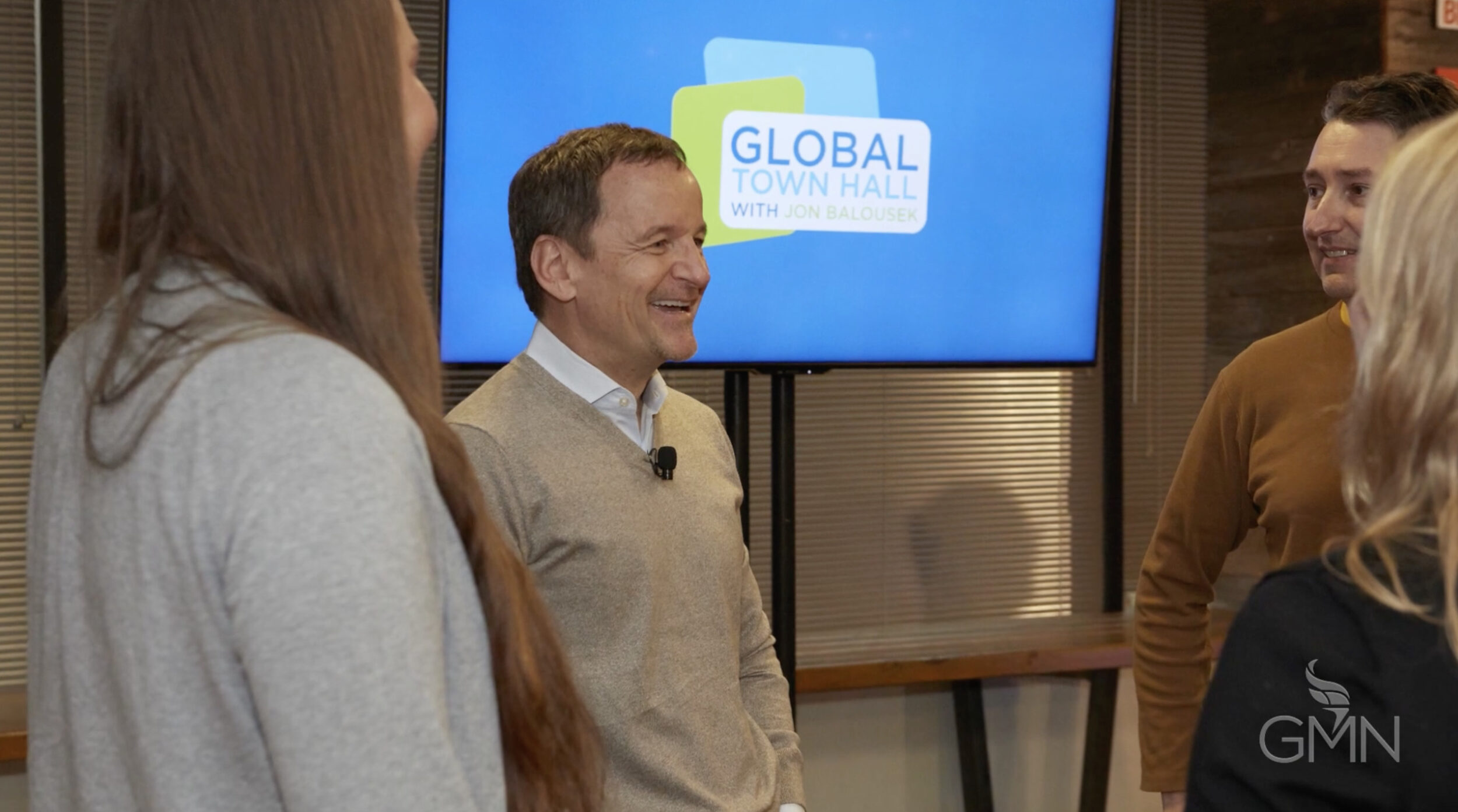Summary:
Born in Germany and having worked around the globe, Benno’s perspective on life, leadership, and people draw from a huge pool of experience. Check out his breakdown and analysis of consumers and employees, from a world-centric view.
Thuy
You're originally from Germany and your career has taken you all over the world, multiple countries, what has that exposure taught you about multicultural awareness and its significance in business?

Benno Dorer
Yeah, I've lived in four countries and I've worked with people from more than 100 countries. You know, the first thing that gives you is a different worldview. I can certainly say that I'm a different person now than I was 25 years ago, exactly, when I started my journey moving out of Germany. The biggest thing it has created for me is that my world is no longer black and white, you know, it's no longer it's got to be this way or that way. But my world is great and now I understand that there's no better or worse, there's just different. I look at differences as a source of ideas. Some of the great ideas that I've been involved in have come from unexpected places. Often here in the United States, I find that businesses are too internally focused on this country when a great source of ideas is other countries around the world because more and more people from all over the world, especially the younger generation, their tastes are blending and are merging and are creating this wonderful mosaic of consumer needs and wants. Finding ideas in different countries and different places is a wonderful idea.
About 20 years ago, for my previous company I was involved in a new brand invention and launch eventually of a brand called Swiffer, which is--
About 20 years ago, for my previous company I was involved in a new brand invention and launch eventually of a brand called Swiffer, which is--
Thuy
Oh, yes, I love those. They clean well.

Benno Dorer
I do too. They do. It's more than a billion-dollar business today, and we started from scratch. And the idea we found Swiffer at the time was to go to Japanese immigrants into the US in Chicago, and we visited them at home and we asked them what they miss about life in Japan. And there was a product in Japan that was sort of similar to Swiffer, and this product came up time and again. And we studied this and then found that there's a really big idea not just for the Japanese market but for the US market and for the market worldwide. We would have never found this without talking to a few Japanese consumers in Chicago. It just tells you that diversity is an amazing source of ideas and that being different can be a great source of competitive events.
Thuy
Such a great story. That reminds me of an interview I just heard with the person who invented the Dyson vacuum cleaner. So many people turned him down, investors that they said there's no customer market for this, you're out of your mind, Hoover will dominate forever. The first customers who bought his vacuum cleaner were in Japan, they saw the value in it. And from there, it kind of took off.

Benno Dorer
See, that's a wonderful story. So you know, if we treat the world as a smaller place and we get out of our own mindset of limitations, whether that's a limitation of a country or limitation of a way of thinking, we discover that there are so many great ideas and we can make connections between seemingly unconnected matters, and that is where innovation happens.
Related Posts

You Can’t Please Everyone
Vy Tran learned a tough lesson as a first-time manager – you can’t please everyone. Having to “drive accountability” while also being a self-described “people pleaser” required Vy to dig deep and re-think how she communicates with her team.

Failing Forward
Failing forward is an essential skill not just at work but in life. For Vy Tran, learning from her mistakes has made her a more effective and influential leader.

